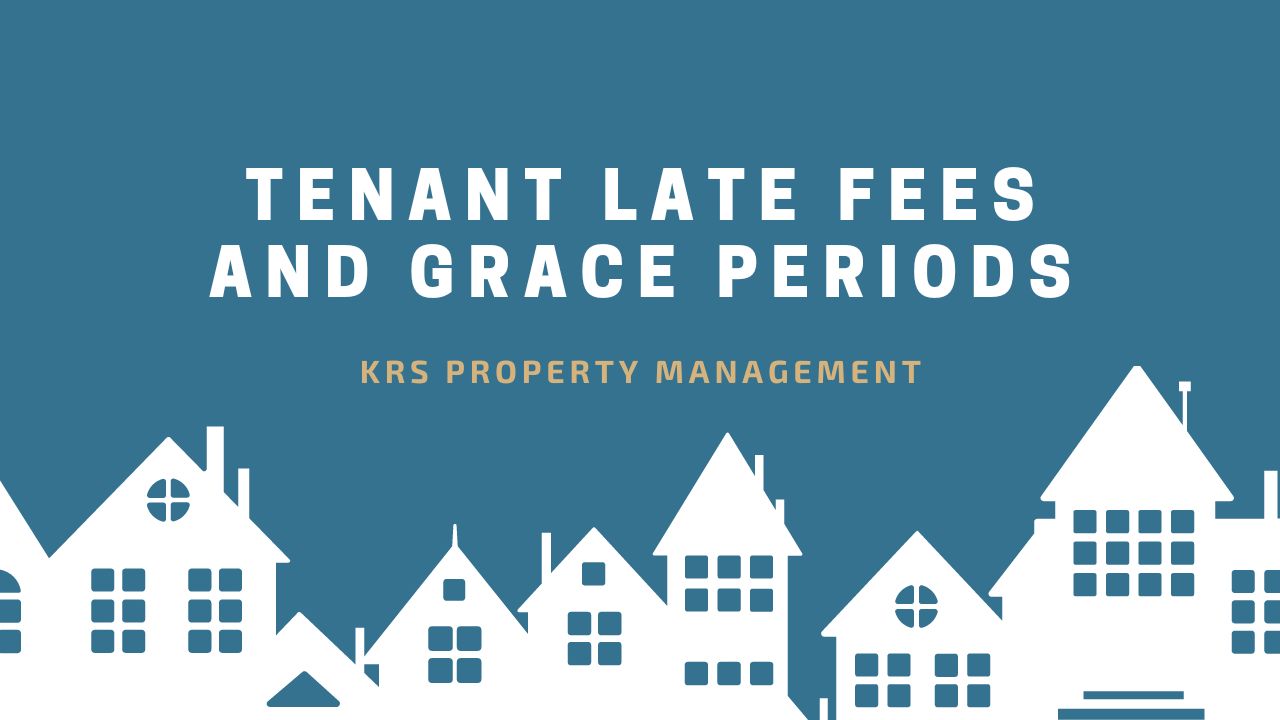
When managing rental properties, ensuring timely rent payments is crucial for both the landlord and their residents. Paying the monthly rent fee late can disrupt cash flow for a landlord and create financial strain for a tenant.
Ensuring residents make rent payments on time is crucial for maintaining financial stability and avoiding unnecessary stress for both parties. To address this issue, many landlords implement a specific fee called late fees that residents must pay, and grace periods as part of their rental or lease agreements to avoid unpaid rent.
These measures are designed to encourage residents to pay rent promptly while providing some flexibility for unforeseen circumstances.
In this guide, we will delve into the nuances of late rent fees and grace periods, covering their definition, importance, legal aspects, setting appropriate amounts and payment dates, noting them in the lease, and the pros and cons associated with their implementation.
Understanding these practices can help landlords establish clear policies and foster better relationships with their tenants.
Defining and Understanding Late Fees
A reasonable late fee refers to charges imposed on residents who fail to make a rent payment on time as stipulated in the written lease agreement.
To charge a late fee serves as a deterrent against residents who pay rent late and a safeguard to the landlord for the inconvenience caused by delayed remittance of monthly rent fees.
Setting an Appropriate Late Fee Amount for Rent
Determining the appropriate late fee amount involves considering various factors, including the method of calculation (percentage vs. fixed late fee), ensuring the terms are clearly outlined in both the lease and rental agreement, and evaluating the potential impact on tenant-landlord dynamics.
Clear documentation of all late fees helps avoid misunderstandings and fosters a transparent relationship between both parties.
Percentage vs. Flat Fee
Property owners can opt to charge a late fee as either a percentage of the rent on top of what they usually pay or as a flat fee. While a percentage-based approach ties the late fee to the outstanding rent amount, a flat rate provides a fixed penalty regardless of the monthly rent owed.
Additionally, owners who efficiently collect rent may find it easier to manage and enforce late fee policies and offer grace periods. The choice between the two late fee methods depends on factors such as local regulations, property value, and market norms.

Legal Aspects of Late Fees
While late fees are a common practice, property owners must adhere to local laws and regulations, which vary from state to state. Including clear terms about late fees in the lease is essential to ensure residents understand their obligations. And can refer back to the lease when questions regarding the late fees arise.
It's also crucial to familiarize oneself with local landlord-tenant laws in Northern Virginia regarding late fees to ensure compliance and avoid potential disputes with residents. For professional guidance on late fees, speak with a property management firm in your area, such as KRS Holdings.
State Regulations
State laws typically dictate the maximum late fees a property owner can charge and may also specify the grace period allowed before imposing such late fees.
The landlord should consult state or local laws to understand their rights and obligations concerning maximum late rent fees. Anything regarding late rent fees should also be mentioned in the lease agreement.
Pros and Cons of Charging Late Fees for Rent
Before they charge a late fee, owners should weigh the advantages and disadvantages associated with their use.
Advantages of Charging Late Fees
The following are the advantages of charging tenants late fees should they fail to pay rent:
Covering Costs of Late Payments: Paying a late fee helps offset the expenses incurred by landlords due to delayed rent collection, including administrative costs and potential financial penalties.
Encouraging Timely Rent Payments: The imposition of late fees incentivizes residents to prioritize in-person and online rent payments, reducing instances of delinquency and enhancing cash flow predictability for landlords.
Maintaining Healthy Relationships: By enforcing timely payment through a late fee, landlords promote a culture of accountability and respect, contributing to positive landlord-tenant relationships.
If you need help with late fees, consider working with a property manager.

Disadvantages of Charging Late Fees
Here are some disadvantages associated with charging late fees that a landlord should be aware of:
Financial Strain on Residents: For a resident already facing financial challenges, late fees can exacerbate their difficulties. This could lead to tenant turnover which can hurt a landlord's financial bottom line.
Administrative Overhead: Managing late fees necessitates additional administrative tasks, including tracking payments, calculating fees, and communicating with tenants, which can increase workload and operational complexity for a landlord.
Tension Between Parties: The enforcement of late fees may strain the relationship between a landlord and their tenants, particularly if tenants perceive the fees as punitive or unfair, leading to conflicts and disputes. It’s therefore vital to make the fees known at the onset of signing a lease agreement so there are no misunderstandings.
Implementing a Grace Period
A grace period refers to a specified period after the rent payment due date during which tenants can make payments without incurring late rent fees. Even a short two-day grace period allows tenants some leeway and fosters goodwill while still incentivizing timely payments.
When to Use a Grace Period
Landlords should consider factors such as market norms, tenant demographics, and property management practices when determining whether to implement a grace period.
It's also crucial to ensure that late rent fees legal policies are adhered to, aligning with local laws. While some landlords enforce a strict "no grace period" policy to maintain payment discipline, others may provide a short three-day grace period to account for unforeseen circumstances.

The Length of the Grace Period
The length of the grace period varies depending on landlord preference, local regulations, and industry standards. A three to five day grace period after the rent payment due date is common.
Landlords should strike a balance between providing residents with a grace period that offers sufficient time to submit rent payments and maintaining accountability for timely remittance.
Bottom Line
Residents' late rent fees and grace periods play a crucial role in ensuring timely online rent payments and fostering positive landlord-tenant relationships.
By understanding the legal aspects, setting appropriate fee amounts, and implementing grace periods thoughtfully, a landlord can mitigate the risks associated with late payments or rent while promoting a fair, reasonable, and harmonious rental environment.
Landlords need to communicate their late fee policies clearly in the lease agreement, highlighting the fee amount in the case of late rent payments or other breaches.
Maintaining transparency on what the resident may have to pay in the event of a late rent payment throughout the leasing process is essential to promote understanding and compliance among tenants, ensuring smoother management of late rent payments and fostering a positive tenant-landlord relationship.
If you’re a property owner in need of help, consider working with a professional management company like KRS Holdings. We’re a dedicated property management company offering a wide range of services including lease management and rent collection to help you maximize your ROI. Contact our property managers today to learn about our property management services!






